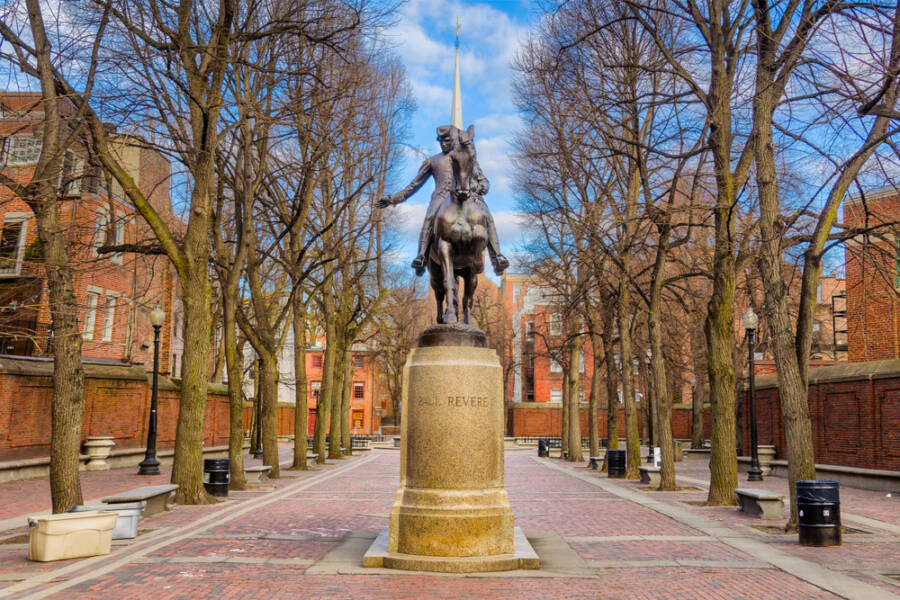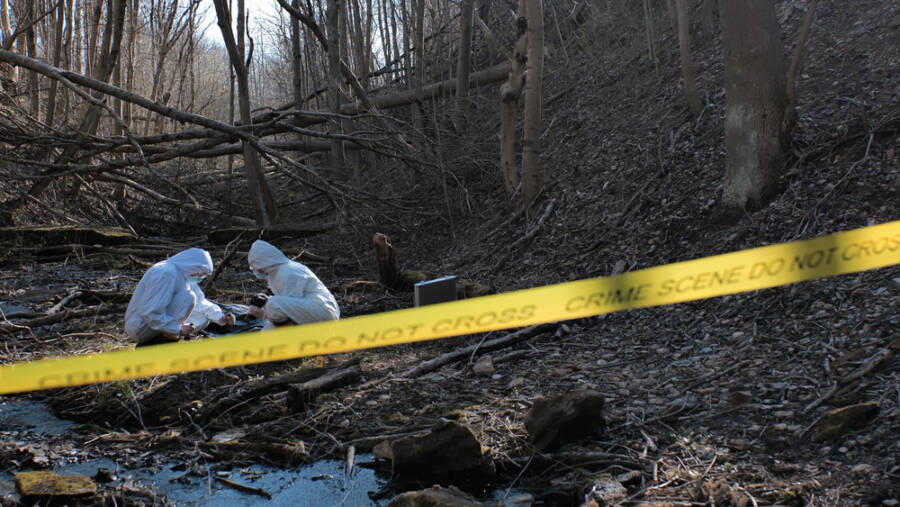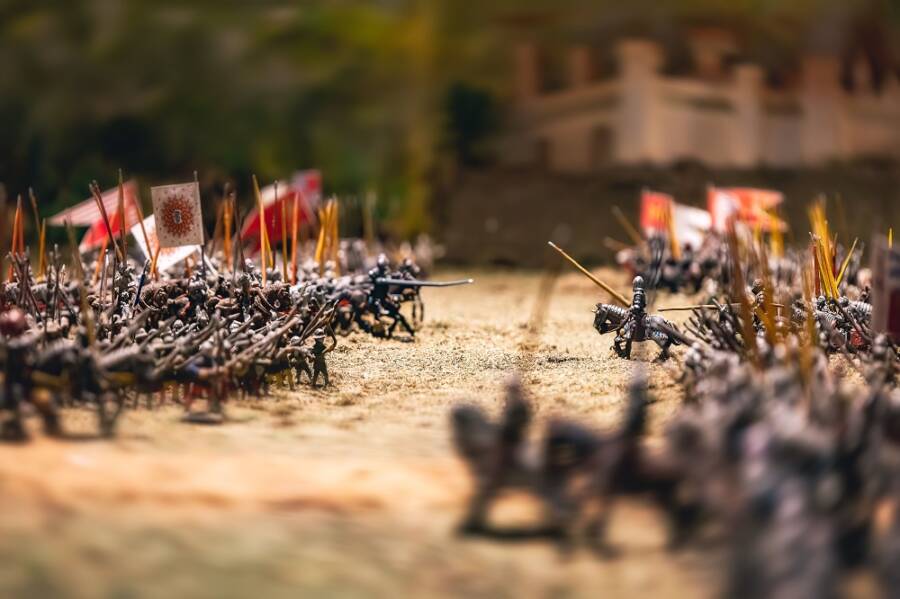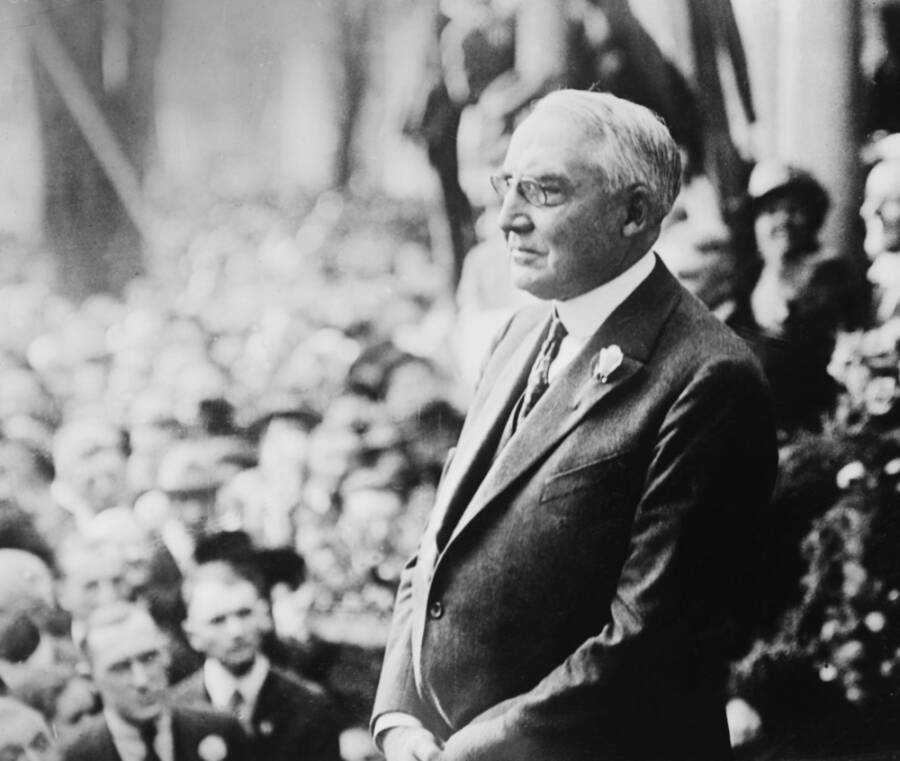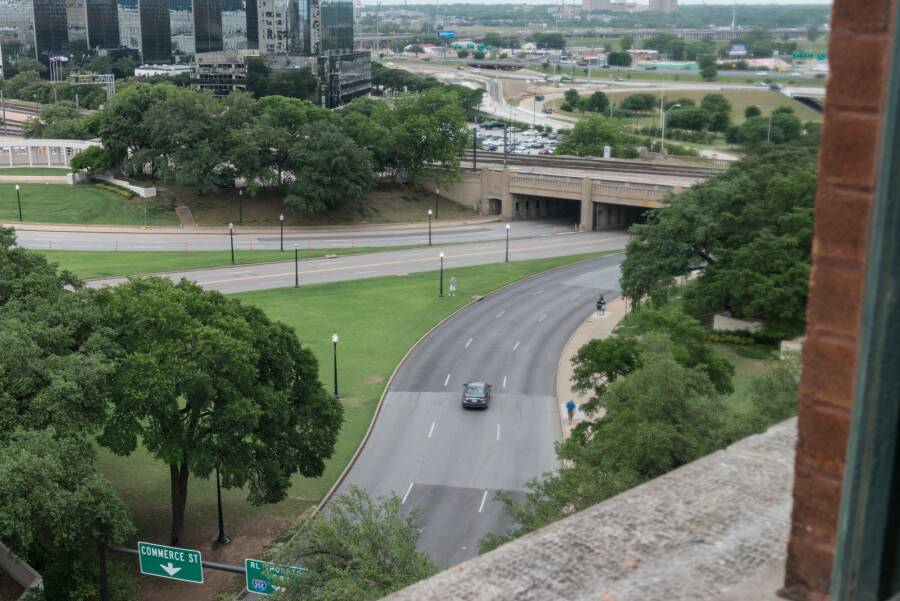
Physical description: 1 photograph : digital, tiff file, color.
Notes: The sixth-floor window itself is off-limits to the public. The Sixth-floor storeroom of the Texas School Book Depository in Dallas, Texas, where Oswald was perched above Dealey Plaza, when Kennedy, Texas governor John Connally, and their wives rode in an open touring car on Nov. 22, 1963. Now called the Sixth Floor Museum, the site is operated by the Dallas County Historical Foundation.; Title, date, and keywords based on information provided by the photographer.; Gift; The Lyda Hill Foundation; 2014; (DLC/PP-2014:054).; Forms part of: Lyda Hill Texas Collection of Photographs in Carol M. Highsmith’s America Project in the Carol M. Highsmith Archive.; Credit line: The Lyda Hill Texas Collection of Photographs in Carol M. Highsmith’s America Project, Library of Congress, Prints and Photographs Division. —
Library of Congress
- Catalog: http://lccn.loc.gov/2014632049
- Image download: https://cdn.loc.gov/master/pnp/highsm/27800/27849a.tif
- Original url: http://hdl.loc.gov/loc.pnp/highsm.27849
— License: Public domain
Why the Debate Continues Today
More than half a century after the shots were fired in Dealey Plaza, the JFK assassination remains a subject of intense fascination and debate. Several key factors contribute to its enduring power to captivate and divide.
First and foremost is the murder of Lee Harvey Oswald. By killing Oswald, Jack Ruby prevented a trial. A trial would have forced the state to present its evidence publicly, where it would have been subjected to the rigors of cross-examination. Without this legal process, the evidence against Oswald was presented only in the curated Warren Report, leaving a permanent sense of irresolution. The lack of a definitive day in court is perhaps the single greatest reason for the persistence of doubt.
Second, the assassination and its aftermath coincided with and contributed to a profound and lasting erosion of public trust in the U.S. government. The Warren Commission’s report was intended to provide reassurance and closure, but for many, its perceived flaws and omissions had the opposite effect. Coming before the deceptions of the Vietnam War and the crimes of the Watergate scandal, the JFK assassination was, for an entire generation, the first major crack in the facade of official truth. This climate of skepticism has made it difficult for any official explanation to gain universal acceptance.
Finally, the periodic release of classified documents, particularly after the passage of the 1992 JFK Records Act, has kept the story in the public consciousness. While these documents have not revealed a “smoking gun” that definitively proves a conspiracy, they have added layers of complexity. They have shown the extent of CIA and FBI operations, their secret plots against foreign leaders like Fidel Castro, and their surveillance of figures like Oswald. For critics, these revelations confirm that the world of 1963 was far more clandestine and complex than the Warren Commission admitted, making a conspiracy not only possible but plausible.
The assassination has become a cultural touchstone, explored in countless books and films, most notably Oliver Stone’s 1991 film JFK, which introduced a new generation to the conspiracy narrative. It functions as a modern American myth, a story about the loss of innocence and the rise of a hidden, unaccountable power. The debate continues because it is about more than just the events of one day; it is about how we interpret power, truth, and the course of American history itself.
Researching controversial topics requires consulting primary sources, available through archives like the U.S. National Archives and the Library of Congress.
Academic perspectives can often be found in journals hosted on platforms like JSTOR or through university history departments.

